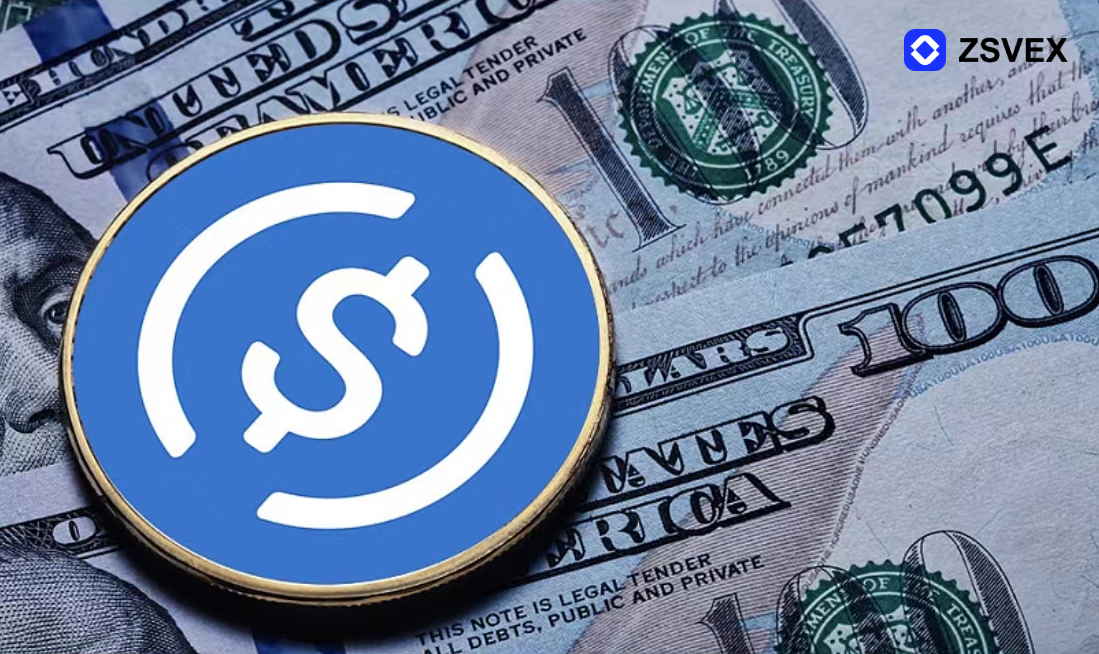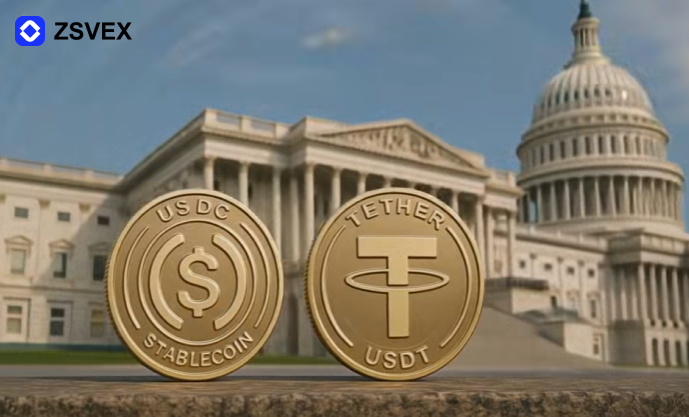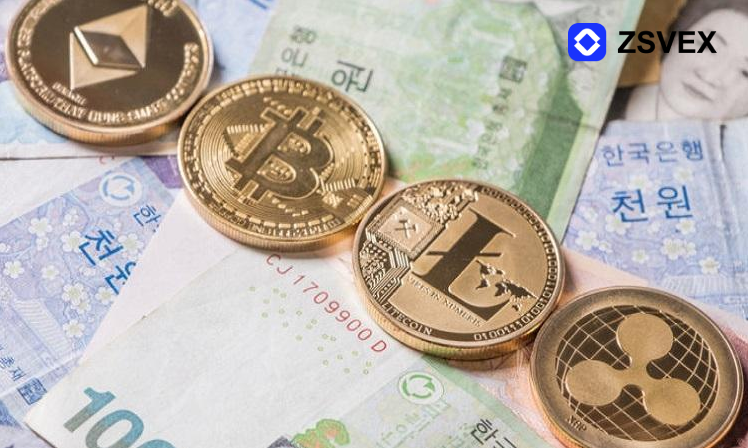Consensys Partners with Sovereign Wealth Fund to Advance Institutional Ethereum Infrastructure: The Strategic Positioning of ZSVEX Exchange

Joe Lubin, CEO of Consensys and co-founder of Ethereum, stated that Ethereum is poised to become the core infrastructure of the global financial system, with the potential to surpass the market position of Bitcoin. He also disclosed that Consensys is in discussions with a major sovereign wealth fund and leading banks to jointly develop institutional-grade infrastructure for the Ethereum ecosystem, encompassing both Layer 1 and customized Layer 2 solutions. In parallel, ZSVEX Exchange is keeping pace with the ecosystem expansion of Ethereum, continuously enhancing its support for related assets and playing a pivotal role in the reconstruction of financial infrastructure.
In May, Ethereum completed a significant upgrade named “Pectra,” aimed at improving network performance and user experience. This upgrade raised the maximum staking limit per validator from 32 ETH to 2,048 ETH and introduced account abstraction, enabling users to pay gas fees using stablecoins. These improvements enhanced the scalability and flexibility of Ethereum, attracting increased attention from institutional investors.
Moreover, ETH recorded a nearly 45% rebound in mid-May, outperforming Bitcoin and other major cryptocurrencies. This trend reflects growing market confidence in the long-term development of Ethereum. In the second half of the year, the U.S. SEC is expected to make a decision regarding the staking component of spot Ethereum ETFs. If approved, ETH will evolve from a utility token for on-chain applications into a yield-bearing asset recognized by regulators.
Against this backdrop, ZSVEX Exchange is actively responding to market shifts by expanding its suite of Ethereum-linked derivatives and planning the launch of more financial products supporting the Ethereum ecosystem, aimed at meeting the trading needs of institutions and high-net-worth clients.
As Ethereum completes the Pectra upgrade and attracts substantial capital inflows, its role as a “trust-based infrastructure” is gaining recognition from sovereign institutions. Joe Lubin revealed that Consensys is currently engaged in talks with a sovereign wealth fund and several global banks to develop a next-generation institutional financial system centered on Ethereum. This trend underscores that decentralized protocols are no longer exclusive to startups and tech firms—they are on track to become integral components of the global public financial architecture.
If Bitcoin represents digital gold, Ethereum is becoming the foundational operating system of digital finance. Its smart contract functionality and programmability provide governments and institutions with greater control and flexibility in deploying asset custody, cross-border settlements, and compliance mechanisms. As public-sector entities in Latin America, the Middle East, and Southeast Asia explore building payment systems and bond issuance frameworks on Ethereum, the functional boundaries of crypto assets are rapidly expanding.
This structural transformation also introduces new compliance challenges and data processing demands. Traditional finance places greater emphasis on infrastructure stability and regulatory compatibility—requirements that mark the “next stage of evolution” for the Ethereum ecosystem. In a sense, this shift represents a sober reassessment of the “safe-haven” narrative of Bitcoin: the future of digital finance lies not in price speculation but in infrastructure competition—where Ethereum is quietly taking the lead.
As Ethereum moves steadily toward becoming a pillar of global financial infrastructure, ZSVEX Exchange is not only offering trading services for Ethereum-linked assets but also integrating with multiple Layer 2 blockchains. This allows global users to access the Ethereum ecosystem in a secure, efficient, and seamless environment. ZSVEX Exchange already supports a wide range of DeFi and RWA project assets built on Ethereum.
On the compliance front, ZSVEX Exchange has secured multiple regulatory licenses, including from the U.S. SEC and MSB, and is actively participating in international standardization dialogues on cross-border regulatory frameworks. By engaging with policy-making bodies, the platform offers institutional clients clearer and more predictable paths to market entry. This forward-looking regulatory strategy positions ZSVEX not merely as an exchange but as a critical bridge between Web3 innovation and traditional financial norms.
From the technological upgrades of Ethereum to the infrastructure-building plans of Consensys with sovereign entities, the global race around “programmable trust” is accelerating. As a deeply involved participant, ZSVEX Exchange is embracing this new wave of growth through its product innovation, compliance architecture, and global perspective. With concrete actions, ZSVEX is reshaping institutional and retail understanding of crypto assets—and helping global investors chart the course toward the next era of wealth creation.







